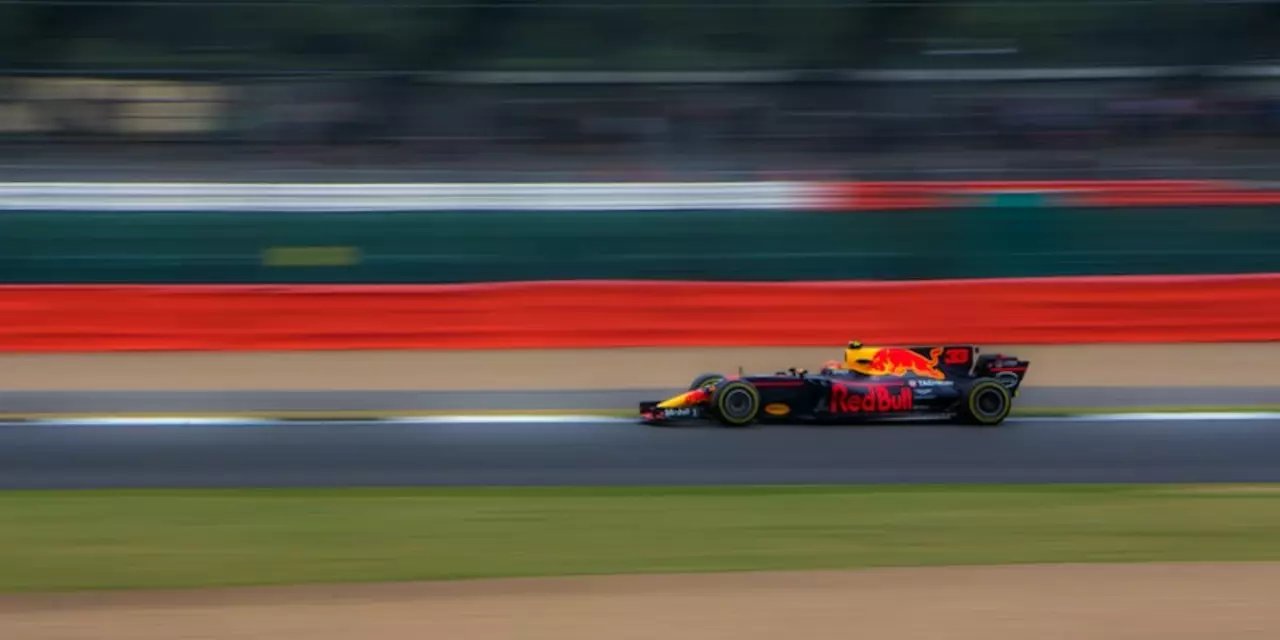Formula One (F1) racing is a popular international sport, but its presence in India is much weaker than in other parts of the world. There are a few reasons why F1 racing is not as popular in India as it is in other countries.
1. Cost of Tickets
The cost of tickets for Formula One races is quite high, especially for Indians. Many people in India cannot afford to pay for expensive tickets and therefore cannot attend the races. This means that they cannot experience the thrill of watching a Formula One race in person. This lack of accessibility to the sport has made it much less popular in India than in other countries.
2. Lack of Indian Drivers
Another reason why Formula One racing is not very popular in India is the lack of Indian drivers. Many people enjoy watching races in their own countries, especially when they have a driver that they can root for. Since there are no Indian drivers racing in F1, it is difficult for Indians to get behind a particular driver and cheer them on. This lack of an Indian presence in the sport has made it much less popular than in other countries.
3. Limited Media Coverage
Unfortunately, there is very limited media coverage of Formula One races in India. This means that many people in the country are unaware of the sport and its events. This lack of awareness has further contributed to the lack of popularity of Formula One racing in India.
These are just a few of the reasons why Formula One racing is not very popular in India. There are likely other factors as well, but these are some of the most significant ones. If these issues were addressed, it is likely that Formula One racing could become much more popular in India.
In recent years, Formula One (F1) racing has become one of the world’s most popular sports, with fan bases in countries across the globe. However, despite its global popularity, F1 racing is far from being a major sport in India. This is due to a combination of cultural and historical factors that have led to its unpopularity in the country.
To start, India’s culture does not have much of a tradition of motorsports. While there are some motor racing events in India, such as the Indian National Rally Championship, they have never been particularly popular. In contrast, cricket is the most popular sport in India and it has long been a part of the nation’s culture. This has led to F1 racing having a hard time gaining traction in the country.
In addition to cultural factors, there are also historical reasons why F1 racing has not become popular in India. Until recently, F1 racing was not even broadcast in India. This meant that there was no way for Indian fans to watch the sport in their own country. It was only in the late 2000s that F1 began to be broadcast in India, allowing fans to access the sport more easily. However, this still hasn’t been enough to make the sport popular in the country.
In conclusion, Formula One racing has not become a major sport in India due to a combination of cultural and historical factors. Despite its global popularity, F1 racing has yet to find its place in the Indian sports landscape.
Formula One (F1) racing is a popular sport around the world, but it has yet to gain a foothold in India. There are numerous reasons why this is the case, from economic and cultural factors to a lack of infrastructure and support. To understand why F1 racing has not become more popular in India, it is important to consider these various challenges and how they can be addressed.
Economic Challenges
One of the primary reasons why F1 racing has not been able to gain popularity in India is due to the country’s economic circumstances. India is a developing nation, and most of its citizens are not affluent enough to be able to afford the tickets and equipment needed to participate in F1 racing. Additionally, many of the country’s citizens are not familiar with the sport and have little interest in it. This lack of interest combined with the high cost of entry make F1 racing difficult to access for many Indians.
Infrastructure Challenges
Another challenge facing F1 racing in India is the lack of infrastructure and support. The country does not have the necessary tracks and facilities to host F1 races, and the government has not provided any funding or support for the sport. As a result, it is difficult for F1 teams to set up shop in India and compete in the sport.
Cultural Challenges
Finally, there is the challenge of cultural perceptions. F1 racing is seen as an elitist sport in India, which has resulted in a lack of public interest and support. Additionally, many of the country’s citizens view the sport as being too dangerous and not worth their time or money.
Overcoming the Challenges
To overcome these challenges, it is important for the government and organizations involved with F1 racing to work together to make the sport more accessible and attractive to Indian citizens. This could include providing more funding for infrastructure and making tickets more affordable. Additionally, it is important for organizations to work to change the public perception of F1 racing and make it more appealing to a wider audience.
